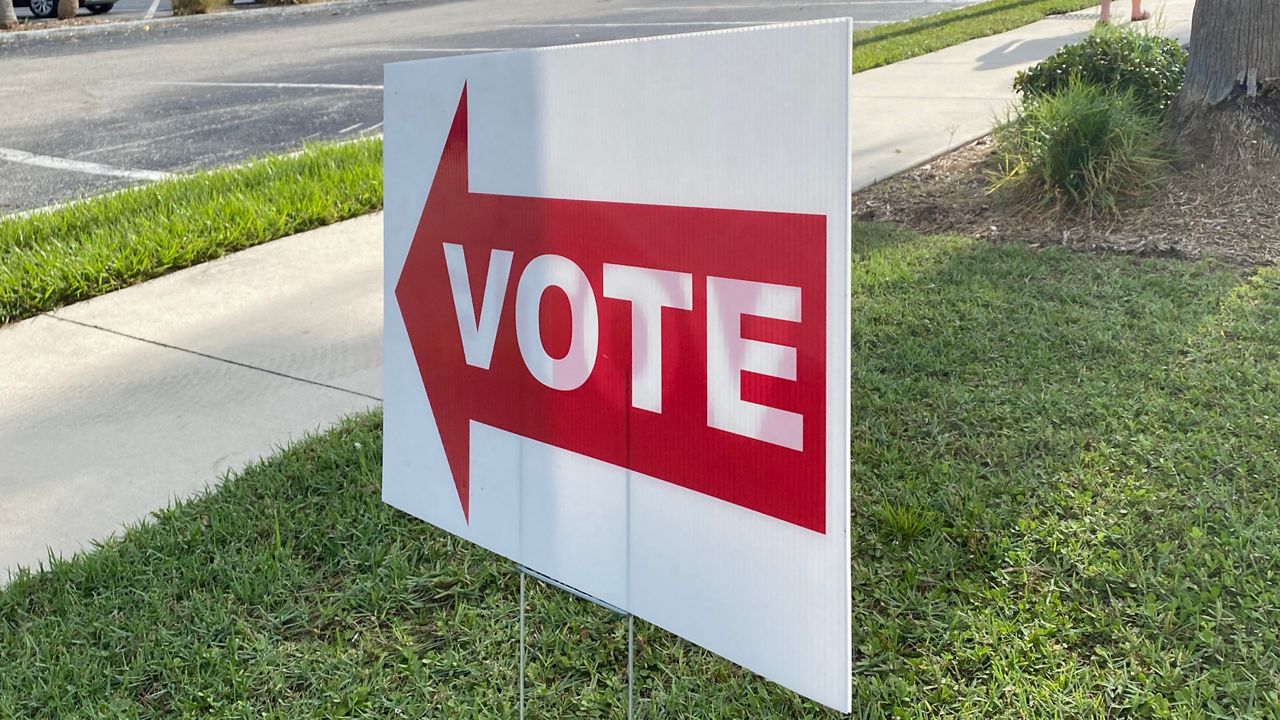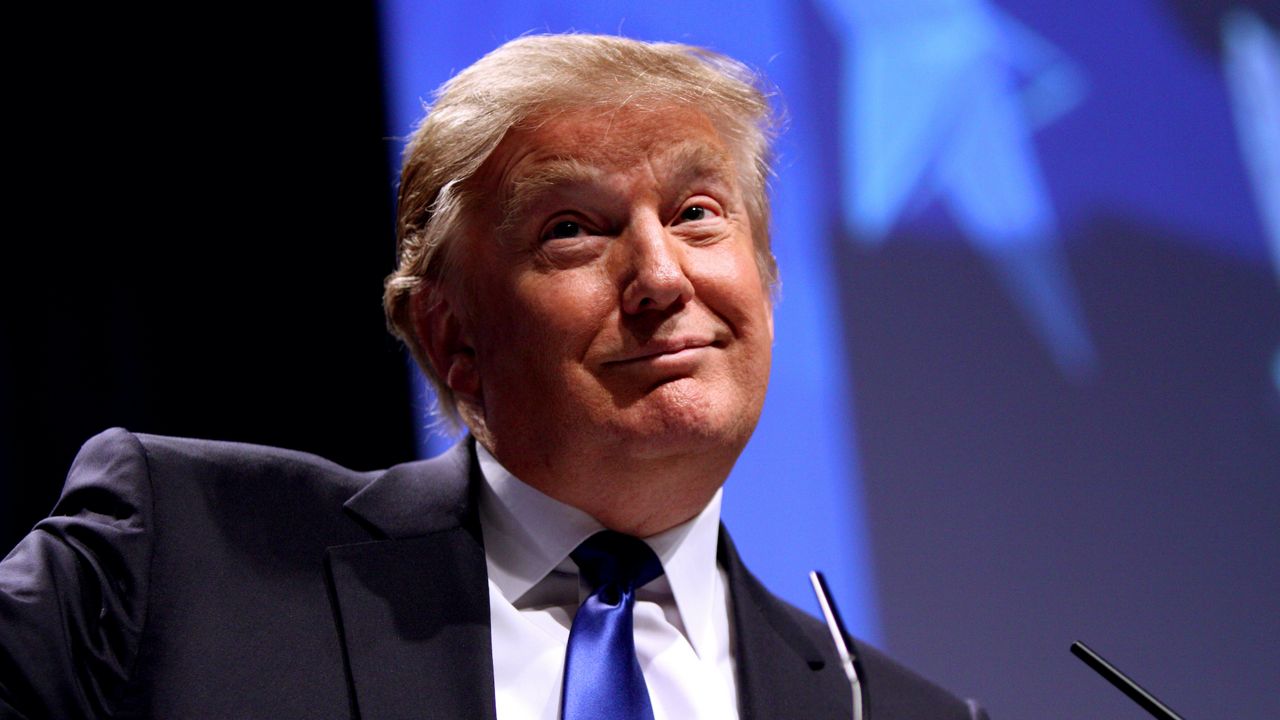TAMPA BAY, Fla. — When you enter your polling place, whether to cast an early ballot or on election day, you’re likely to see two kinds of non-voters in attendance.
Some are behind tables or standing next to them, asking you for your information and guiding you through the process of participating in the democratic process. Some are just standing quietly and observing.
Some are poll workers; the others are poll watchers.
So what’s the difference?
What You Need To Know
- Poll watchers are not poll workers, but volunteers
- Poll watchers are selected by their political parties from a pool of applicants
- Official poll watchers must follow a strict set of rules
“None of our poll workers are volunteers,” says Dustin Chase, Communications Director for the Pinellas County Supervisor of Elections. “They’re all paid, deputized employees.”
While poll workers are nonpartisan employees who are compensated for their expertise in guiding you through the voting process, poll watchers are volunteers selected by political parties, committees and candidates to observe that process, ostensibly to watch out for potential malfeasance. They’re most certainly partisan, and as such must abide by a strict set of rules while doing their “job”—and Florida counties have some of the strictest rules for poll watchers in the nation.
Poll workers are allowed to interact with voters, whether it’s to distribute ballots, compare signatures, answer questions or make the call on whether or not a voter must cast a provisional ballot. Poll watchers—at least in Hillsborough and Pinellas counties—are not permitted to volunteer help to voters. If a voter approaches a poll watcher with a question, the general result is that the watcher will direct the voter to a poll worker.
Some other rules that poll watchers must follow include the following:
- They can’t wear any clothing or accessories promoting a certain party or candidate
- They can’t interfere with the business of the poll workers
- They can’t wander the voting area, or stand so close to any voter that the voter feels her “ballot secrecy is compromised”
- They must wear a badge identifying them as a poll watcher at all times
- They can’t directly challenge any voter
Poll watchers have become something of a charged topic in the run-up to the 2020 election. President Donald Trump has publicly called for his supporters among the general public to watch the polls, and a few weeks ago, a couple of armed security guards outside a Tampa Bay polling location were accused of being in his employ. To be clear, anyone standing the required 150 feet from a polling location, whether waving a sign or sporting a candidate’s T-shirt or acting in an aggressive or intimidating manner, is NOT a poll watcher. Poll watchers are not there to intimidate voters. They are simply members of the public charged by their party to observe, with the goal of ensuring that America’s democratic process unfolds in the way that it should.







